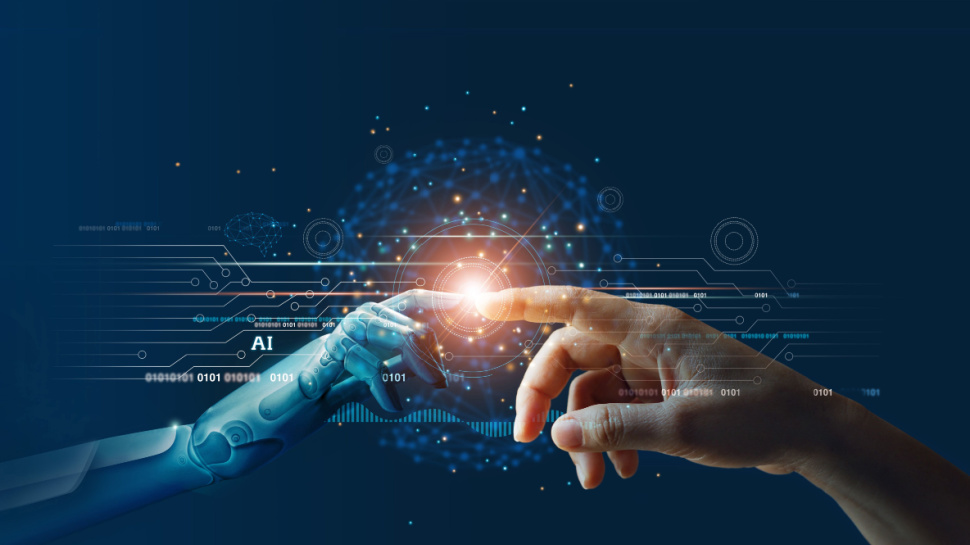Gartner says firms need game-changing AI or face getting left behind
Go big or go home when it comes to AI, says Gartner

Thanks to AI, machines and workers are interacting closer than ever before - which means that businesses need to get ready disruptive AI models now.
This is according to Gartner, and the company's Senior Director Analyst, Gabriela Vogel, speaking at the IT Symposium/Xpo 2023, said that "by 2025, GenAI will be a workforce partner for 90% of companies worldwide.”
Mary Mesaglio, Distinguished VP Analyst at Gartner, also spoke on the topic, positing that generative AI is not merely a trend, but rather marks a "profound shift in how humans and machines interact... from what machines can do for us to what machines can be for us."
AI-ready
Vogel echoed similar views, saying the AI revolution means that "machines are evolving from being our tools to becoming our teammates." CIOs, therefore, are crucial in determining how AI will be used - and in turn how it will shape us - she added.
During the keynote, Gartner analysts also advised that CIOs and IT leaders focus on deciding their "AI ambition" and then prepare for its adoption, in order to be up and running with the advanced technology within the next 1-2 years.
In order to help with determining how to use AI, Gartner breaks it down into two distinct types: "everyday AI" and "game-changing AI." The former is related to productivity, simply speeding up the work employees are already doing themselves. Gartner claims that three quarters of CIOs in the EMEA region are already focused on this kind of AI.
However, Mesaglio cautioned that everyday AI will "go from dazzling to ordinary with outrageous speed," as "everyone will have access to the same tools, and it will not provide a sustainable competitive advantage."
Sign up to the TechRadar Pro newsletter to get all the top news, opinion, features and guidance your business needs to succeed!
Game-changing AI, however, which is concerned with creativity, will "disrupt business models and entire industries," according to Mesaglio. This is because its outputs will create "new results, via AI-enabled products and services," as well providing new ways to achieve them with AI-powered core capabilities.
Vogel added that in order to realize the potential of this AI, "the whole executive team must be engaged" in its development, giving CIOs a fundamental role to play in its adoption.
However, previous Gartner research has found that only 9% of organizations have a clear AI vision in place. The company says that in order for firms to adopt generative AI within the next 12 months, they need to establish principles for AI that align with existing company values. They also need to make current data secure, enriched, fair, and accurate so it can be AI-ready.
On the flip side, CIOs should also prepare for new attack vectors thanks to generative AI in the hands of cybercriminals, and work with executive teams to create policies for how public generative AI is used at work.
“The era of AI-powered business will lead to unintended consequences without advance planning. CIOs need a way to light the way forward, even when everything seems new or murky,” concluded Mesaglio.
MORE FROM TECHRADAR PRO
- These are the best AI tools you can use right now
- Is the cost of AI worth it for your business?
- Microsoft 365 Copilot is generally available now - but there's an expensive hitch

Lewis Maddison is a Reviews Writer for TechRadar. He previously worked as a Staff Writer for our business section, TechRadar Pro, where he gained experience with productivity-enhancing hardware, ranging from keyboards to standing desks. His area of expertise lies in computer peripherals and audio hardware, having spent over a decade exploring the murky depths of both PC building and music production. He also revels in picking up on the finest details and niggles that ultimately make a big difference to the user experience.